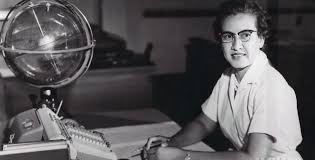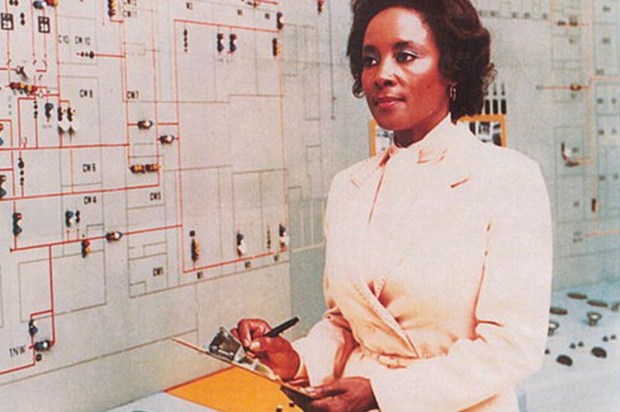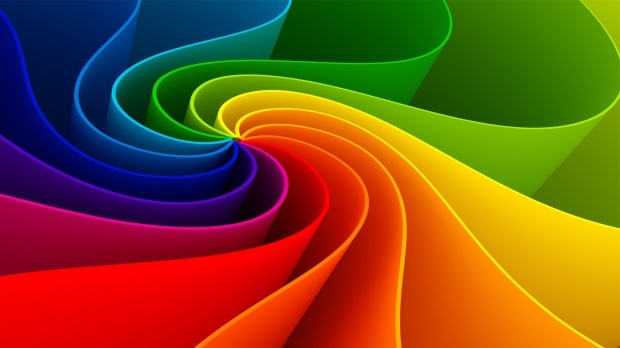
Katherine Johnson- Physicist and mathematician who was instrumental in NASA’s journey into space and their landing on the moon
I’ve long since become accustomed to seeing leading black women in movies as slaves, love interests and/or maids. Other times, I’ve become accustomed to seeing them as caricatures; either they are women who do too much or too little, women who act but don’t inspire because their characters are one dimensional and overdone.
For years, we would ask for not only minority representation but strong minority representation that doesn’t reduce us to either eye-candy, sassy black woman and/or a mammy characters. We were told that what we wanted just was not possible. Our underrepresentation in films were not a result of some active and implicit bias but simple Mathematics. We were told that movies with lead black women would just not do well at the box office. Only movies focused predominantly on white heroism, pains and struggles would. So, they would give us things like Madea, The Help and so on, not yet knowing that their argument would soon be riddled with holes as “Hidden Figures” (based on the book Hidden Figures: The American Dream and the Untold Story of the Black Women Mathematicians Who Helped Win the Space Race by Margot Lee Shetterly), has even beaten Rogue 1 (as it well should because Star Wars is crap) at the box office while having far fewer theatres available to it. Now that their argument is demolished, I hope that this movie will represent a tide of changes to come within the film industry.

Mary Jackson- Mathematician and aerospace engineer at NASA. She was the first black black engineer at NASA
I went into the movie the day it opened at Giftland, excited but slightly skeptical. Would this movie fall prey to the common trope of the tiara syndrome and that of the white savior? Would this be NASA’s version of ‘The Help’?
While on surface level there might have appeared to be elements of both, there weren’t, not really.
Harrison, the leader of the mission in a nice scene breaks down segregated washroom signs. I was a bit dubious about this part until I realised that he did not do it because he feels particularly sympathetic to Katherine, he did it because it was in his and NASA’s best interest to do so. They could not have their lead mathematician running off everyday for close to an hour because she did not have access to bathrooms close by. Meanwhile, the women are not silent persons waiting to be recognised, but actively pursue and adapt themselves to achieve what they want and that is highly refreshing.
People often shirk at the idea about positive representation in the media. Entertainment is entertainment and in the larger scheme of things it doesn’t matter. While that may be true to an extent, seeing not only one but three trailblazing women who look like you accomplishing so much in a much more oppressive system, does wonders on the minds of little black girls everywhere and lets them know that they too can do great things.

Dorothy Vaughn- Mathematician who was the first black woman to supervise staff at NASA
Within five minutes, I was in tears. This silly tear spilling over the women, their triumphs and their struggles continued sporadically throughout the film. I was thankful that it being day, not many persons were in the theatre, but I did gain a strange look from the ticket collector on my way out because of how red my eyes were. If such a movie can matter to me, someone who has by and large been very privileged and grew up hearing that I could be whatever I wanted and throwing away my family’s lofty ambitions and aiming to become a writer, then imagine what it means to those less privileged and who are told that their stories and lives do not matter. Just imagine.
I liked that the movie was not this idealogical pipe dream which saw the white people all realising that, “Oh, they’re just people like us and as such we should treat them equally.” No, it is a movie rooted in reality and as such, the evolution of the central white characters are subtler and one gets a sense once again that they are not being accepting because they particularly like these women, but because it is in their best interest to have the best minds working for them. The movie offers a very sobering question about equality, biases and the implications these have for our advancement as a people. While we see the barriers the women face with regards to advancement due to their race and gender, we begin to wonder how many persons never got a chance to make their genius known due to the prevailing biases surrounding them.
